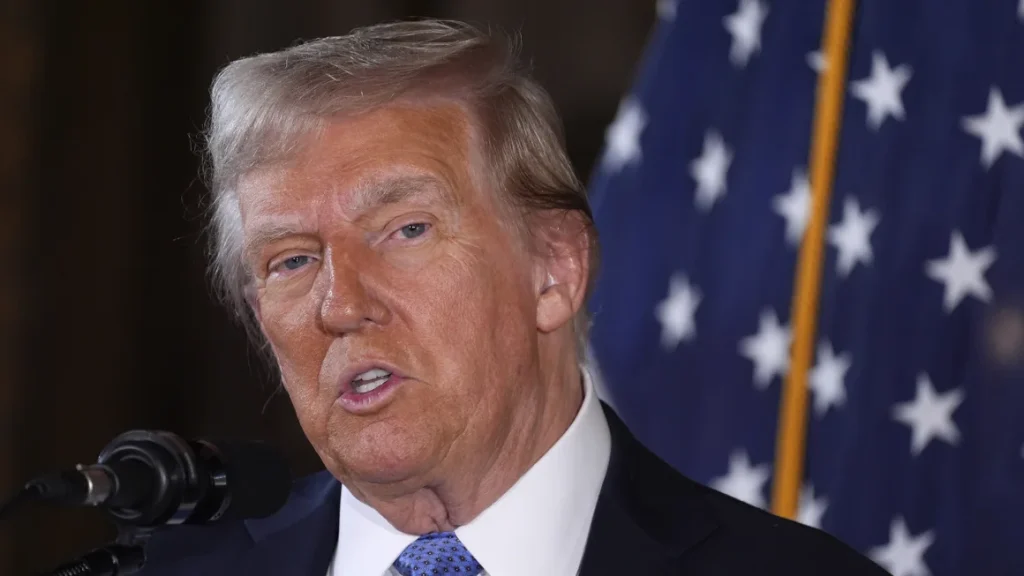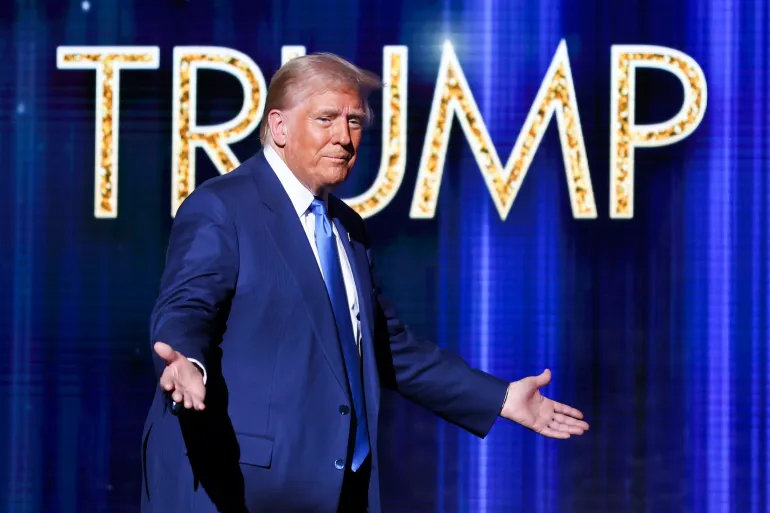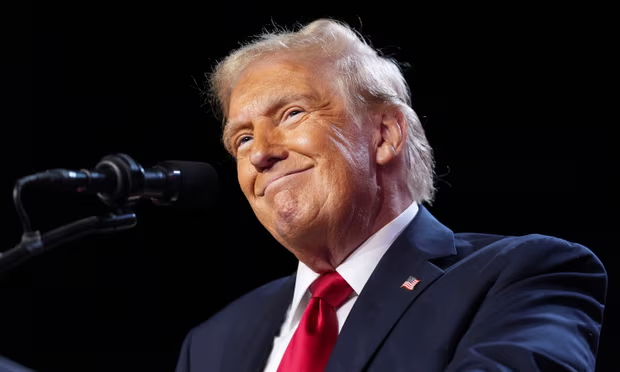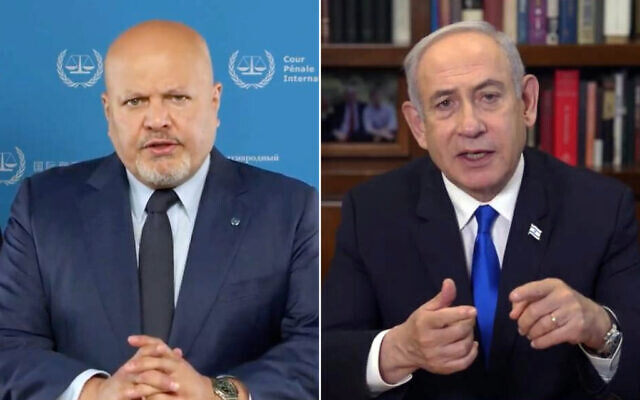Trump sues Des Moines Register and Iowa pollster, escalating attacks on media
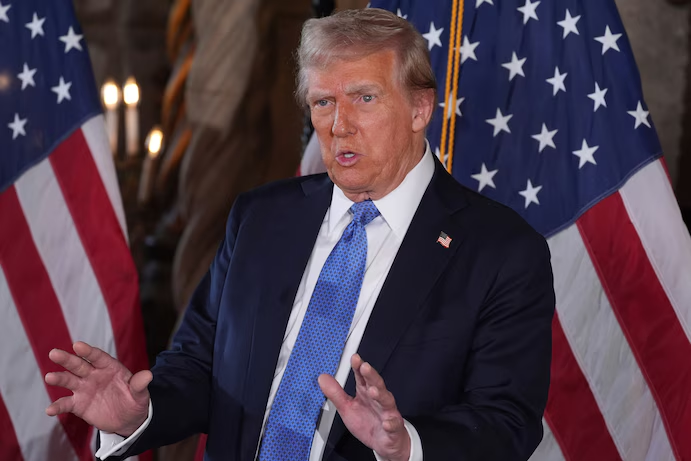
Former President Donald Trump has filed a lawsuit against the Des Moines Register and an Iowa pollster, escalating his ongoing campaign against the media. The lawsuit, which was filed in December 2024, marks a significant moment in Trump’s broader strategy of challenging media outlets that he perceives as hostile to him. This legal action targets the Des Moines Register, one of Iowa’s most prominent newspapers, as well as an individual pollster responsible for a survey published by the newspaper that allegedly misrepresented Trump’s standing in the state. The move comes amidst a heightened media focus on Trump’s political activities as he seeks to maintain influence over the Republican Party ahead of the 2024 presidential election.
Background of the Lawsuit
The lawsuit stems from a poll conducted by the Des Moines Register in conjunction with the University of Iowa, which showed Trump trailing behind other Republican candidates in the key battleground state. In the survey, Trump was shown to be facing significant challenges within the Iowa Republican electorate, with his numbers dropping among crucial voter segments. These results, which were widely reported, were met with criticism from Trump and his supporters, who accused the poll of bias and attempting to damage his image ahead of the primaries.
Trump’s legal team claims that the poll misrepresented his popularity in Iowa, pointing to what they describe as errors in the methodology and an unfair portrayal of his standing within the state’s Republican voter base. The lawsuit argues that the Des Moines Register and the pollster, identified as Ann Selzer, were deliberately misleading in their reporting and analysis. Trump’s attorneys further assert that the poll results were damaging to his reputation and undermined his standing among voters in Iowa, which holds significant sway in the early stages of the Republican nomination process.
This legal action is not the first time that Trump has targeted media outlets and pollsters with lawsuits. Throughout his political career, he has repeatedly taken issue with media coverage he deems unfavorable or inaccurate. His attacks on the press have often been framed as efforts to combat what he perceives as a liberal bias in the media, a narrative he has consistently promoted since his 2016 presidential campaign. The lawsuit against the Des Moines Register marks the latest chapter in this ongoing conflict.
Trump’s Escalating Attacks on the Media
Trump’s lawsuit against the Des Moines Register is part of a broader pattern of escalating attacks on the media. During his presidency, Trump frequently called the press “fake news” and dismissed critical coverage as biased or corrupt. His rhetoric against the media reached new heights in 2020 when he referred to many mainstream outlets as the “enemy of the people.” Since leaving office, Trump has continued to wage war on the press, arguing that the media is intent on undermining his political future.
The lawsuit is a direct challenge to one of Iowa’s most respected pollsters, Ann Selzer, whose surveys have historically been seen as reliable indicators of public sentiment in the state. Selzer’s polling company, Selzer & Company, is known for conducting thorough and unbiased surveys, making the lawsuit an unprecedented legal challenge to a highly regarded pollster.
By using both the Des Moines Register and the individual pollster, Trump seeks to not only defend his image but also to send a message to other media organizations and pollsters that he will not tolerate what he perceives as unfavorable or inaccurate portrayals of his political fortunes. Trump’s supporters argue that the lawsuit is necessary to hold the media accountable for what they see as a pattern of bias against him and his movement.
Legal and Political Implications
The legal aspects of the lawsuit are complex. To succeed in a defamation lawsuit, Trump’s legal team would need to prove that the Des Moines Register and Selzer intentionally published false information with malicious intent, or with a reckless disregard for the truth. Defamation suits against media outlets are notoriously difficult to win, particularly for public figures like Trump, who must also prove that the allegedly defamatory statements caused actual harm to his reputation.
Given Trump’s status as a public figure, the legal standards for defamation cases are heightened. In the United States, public figures must meet the requirements set out in New York Times v. Sullivan (1964), which established that public officials must show “actual malice” in defamation cases. This means that Trump would need to demonstrate that the Des Moines Register and Selzer acted with knowledge that their statements were false, or with reckless disregard for the truth.
From a political standpoint, the lawsuit highlights the deepening divide between Trump and the media. It could serve to galvanize his base, many of whom view the press as biased against him. By challenging the credibility of a respected local news outlet and pollster, Trump seeks to solidify his narrative of media bias, which has resonated with a significant portion of the Republican electorate. This move may also reinforce his portrayal as a political outsider who is fighting against the “establishment” media on behalf of his supporters.
However, the lawsuit could also backfire politically, particularly if it is viewed as an attempt to suppress legitimate criticism or stifle free speech. Critics of Trump’s legal strategy argue that the lawsuit is a reflection of his broader authoritarian tendencies, attempting to silence dissenting voices and intimidate those who criticize him. It remains to be seen how the lawsuit will play out in the courts, but it has already drawn significant attention in both political and media circles.
Trump’s lawsuit against the Des Moines Register and Iowa pollster Ann Selzer represents an intensification of his ongoing campaign against the media. As he prepares for a potential 2024 presidential bid, Trump continues to wage a public battle against media organizations that he perceives as hostile to him. This lawsuit underscores the broader culture of distrust between Trump and the media, a dynamic that has defined much of his political career.
Whether or not Trump is successful in his legal efforts, the lawsuit is likely to further energize his base while providing a point of contention in the broader political discourse. It also serves as a reminder of the challenges faced by both media outlets and public figures in navigating the complex intersection of free speech, political polarization, and legal accountability. As the case progresses, it will be closely watched by both supporters and detractors of Trump, with significant implications for both his political future and the media’s role in American democracy.


